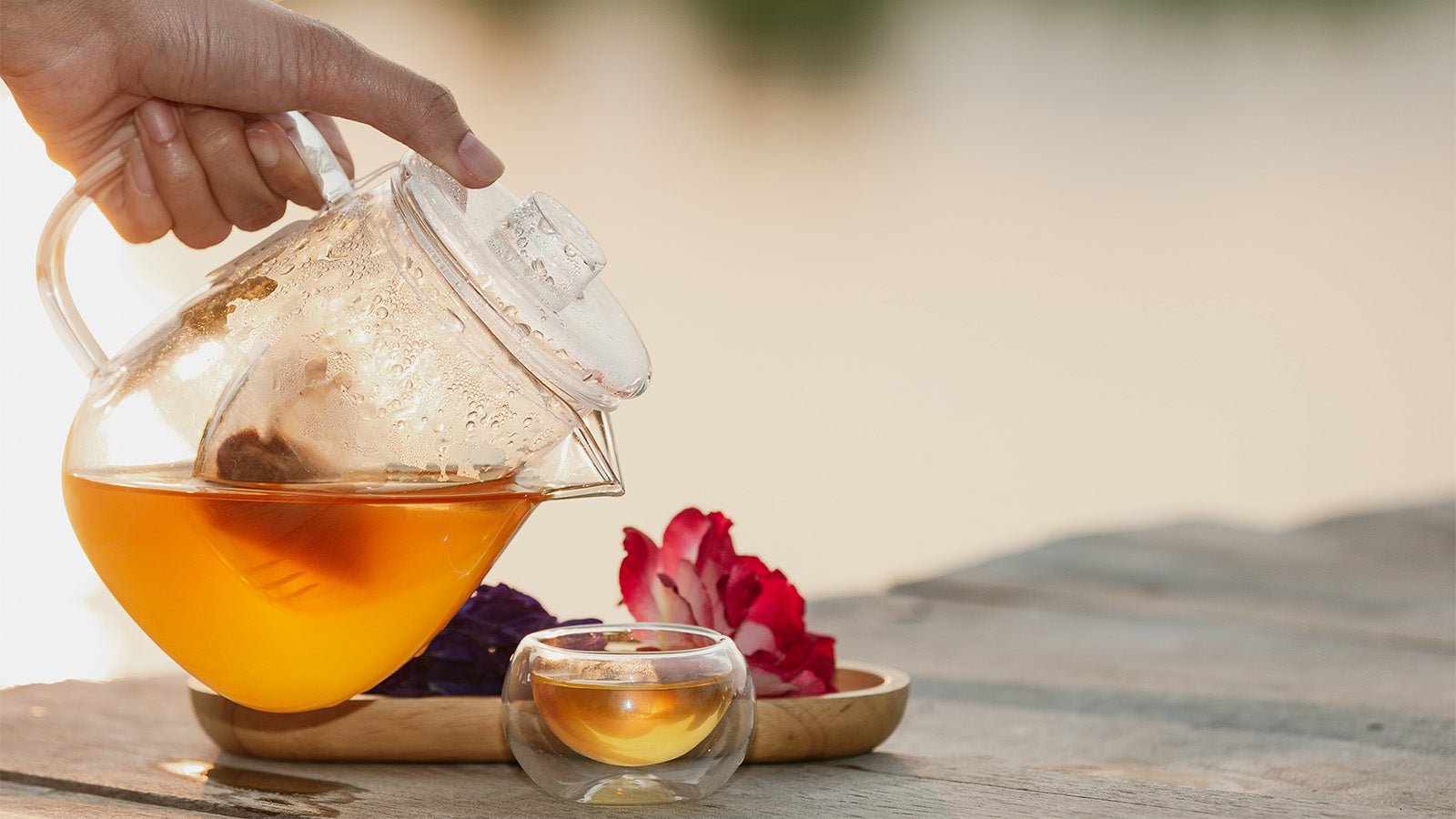Introduction
Herbal teas have been cherished for centuries across various cultures for their soothing flavors and therapeutic properties. Unlike traditional teas derived from the Camellia sinensis plant, herbal teas are infusions made from diverse plant materials like leaves, flowers, seeds, and roots. They are naturally caffeine-free and offer a plethora of health benefits, making them a popular choice for those seeking natural remedies.
What Is Herbal Tea?
Herbal tea, also known as a tisane, is a beverage made by steeping plant materials in hot water. These teas are distinct from "true" teas (black, green, oolong, and white) as they do not originate from the Camellia sinensis plant. Instead, they encompass a wide range of ingredients, each imparting unique flavors and health benefits.
Top Health Benefits of Herbal Teas
1. Digestive Support
Herbal teas like peppermint and ginger are renowned for their digestive benefits. Peppermint tea can help alleviate bloating and indigestion, while ginger tea is effective against nausea and supports overall digestive function.
2. Immune System Boost
Ingredients such as echinacea and elderberry in herbal teas are known to bolster the immune system, helping the body fend off common colds and infections.
3. Stress Relief and Sleep Aid
Chamomile and lavender teas possess calming properties that can reduce stress and promote restful sleep, making them ideal for evening consumption.
4. Anti-Inflammatory and Antioxidant Properties
Many herbal teas are rich in antioxidants and have anti-inflammatory effects. For instance, turmeric tea contains curcumin, which has been studied for its anti-inflammatory benefits.
5. Heart Health
Hibiscus tea has been linked to lowering blood pressure and cholesterol levels, contributing to cardiovascular health.

Popular Herbal Teas and Their Specific Benefits
Chamomile Tea
Known for its gentle, floral flavor, chamomile tea is often used to promote relaxation and aid sleep. Additionally, chamomile possesses anti-inflammatory properties and may support digestive health.
Peppermint Tea
With its refreshing taste, peppermint tea is a popular choice for relieving digestive issues, including indigestion and bloating. It may also help alleviate headaches and improve focus.
Ginger Tea
Spicy and invigorating, ginger tea supports digestion and can help combat nausea. It also has anti-inflammatory properties that may benefit joint health.
Turmeric Tea
Golden-hued turmeric tea is celebrated for its anti-inflammatory properties and potential to support joint health. It may also enhance immune function.
Hibiscus Tea
Tart and vibrant, hibiscus tea is rich in antioxidants and may aid in lowering blood pressure, supporting overall cardiovascular wellness.
How to Brew the Perfect Cup of Herbal Tea
To maximize the benefits and enjoyment of your herbal tea:
-
Use Fresh Water: Always start with cold, fresh water.
-
Proper Temperature: Heat water to the appropriate temperature, typically around 90–95°C (194–203°F) for herbal teas.
-
Steeping Time: Steep the tea for 5–10 minutes, depending on the desired strength.
-
Enhancements: Add natural sweeteners like honey or lemon to enhance flavor, if desired.
Incorporating Herbal Teas into Your Daily Routine
Integrating herbal teas into your daily life can be both enjoyable and beneficial:
-
Morning: Start your day with a cup of ginger or peppermint tea to stimulate digestion.
-
Afternoon: Enjoy hibiscus tea to support heart health and stay hydrated.
-
Evening: Wind down with chamomile or lavender tea to promote relaxation and restful sleep.
Conclusion
Herbal teas offer a natural and flavorful way to support various aspects of health and wellness. From aiding digestion to promoting relaxation, the benefits of herbal teas are vast and well-documented. Incorporate these soothing beverages into your daily routine to harness the healing power of nature.



Share:
Herbal Tea: Discover the Natural Power of Herbal Infusions
Detox Tea: Natural Support for Your Body's Cleansing Processes